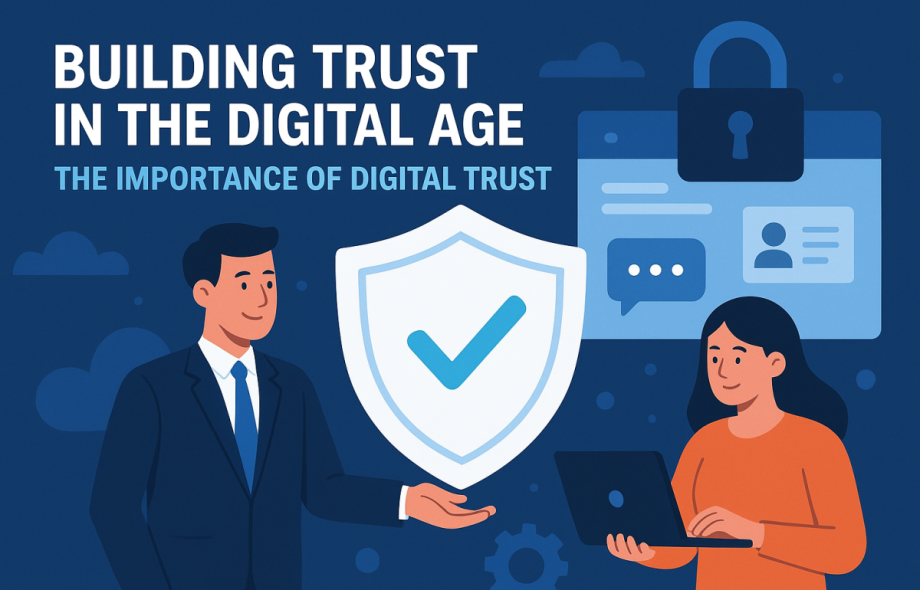In today’s fast-paced digital world, where almost everything is done online, the concept of trust has taken on a whole new meaning. With the rise of data breaches, cyber-attacks, and online scams, individuals and businesses alike are now more conscious than ever about safeguarding their digital identity and information. This is where the concept of digital trust comes into play.
Digital trust refers to the confidence that individuals have in the security, reliability, and integrity of digital platforms, services, and technologies. It encompasses a wide range of factors, including data protection, privacy policies, encryption methods, authentication protocols, and transparency in data usage. Building and maintaining digital trust is crucial for businesses looking to establish long-term relationships with their customers and partners.
One of the key components of digital trust is cybersecurity. With the increasing number of cyber threats and attacks, businesses need to invest in robust cybersecurity measures to protect their data and assets. This includes implementing firewalls, encryption tools, multi-factor authentication, and regular security audits to ensure that their systems are secure and resilient against potential threats.
Another important aspect of digital trust is transparency in data collection and usage. With the implementation of data protection regulations such as the GDPR, businesses are now required to be more transparent about how they collect, store, and use personal data. By being open and honest about their data practices, businesses can build trust with their customers and demonstrate their commitment to protecting their privacy.
Furthermore, building digital trust also involves fostering a culture of accountability and responsibility within an organization. This means ensuring that employees are aware of the importance of data security, privacy, and ethical behavior when it comes to handling sensitive information. By educating and training employees on best practices for data protection, businesses can minimize the risk of data breaches and demonstrate their dedication to maintaining a high level of digital trust.
In conclusion, digital trust is a crucial component of the digital age, as it underpins the relationships between individuals, businesses, and technology. By prioritizing cybersecurity, transparency, accountability, and ethical behavior, businesses can build and maintain trust with their customers and partners, ultimately leading to long-term success in the digital world.
 :
https://www.pinterest.com/xceltec0192/
:
https://www.pinterest.com/xceltec0192/

